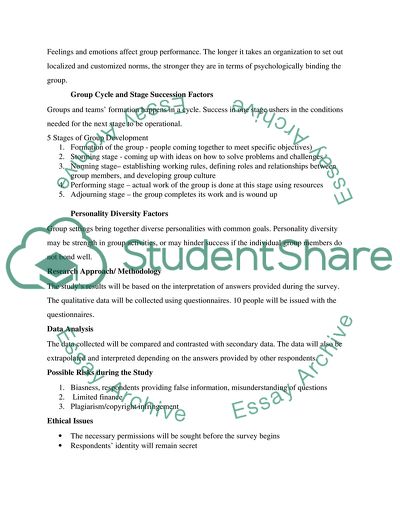Not Found (#404) - StudentShare. Retrieved from https://studentshare.org/human-resources/1770499-business-research-and-professional-skills-t
Not Found (#404) - StudentShare. https://studentshare.org/human-resources/1770499-business-research-and-professional-skills-t.


